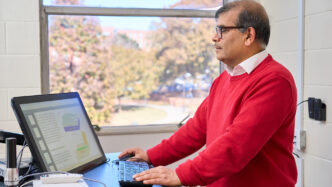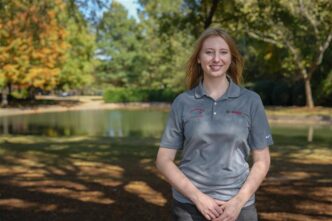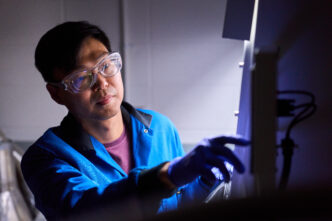Clemson University is partnering with Winston-Salem State University (WSSU) to help grow a diverse workforce for the emerging field of quantum information science and engineering in the Carolinas.
A $2.26 million grant from the U.S. Department of Energy will establish the Winston-Salem Quantum Education Collaboratory (WS-QEC). Led by WSSU, the collaboratory will work with regional education centers to support the increasing demand for employees in the quantum industry.
QISE is an interdisciplinary field that synergistically combines principles of quantum mechanics, quantum physics, information and computation theory, and communication technology. In layman’s terms, it is the cutting-edge domain focused on revolutionizing computer technology by making it faster operationally, reducing energy consumption, and mitigating heat generation.
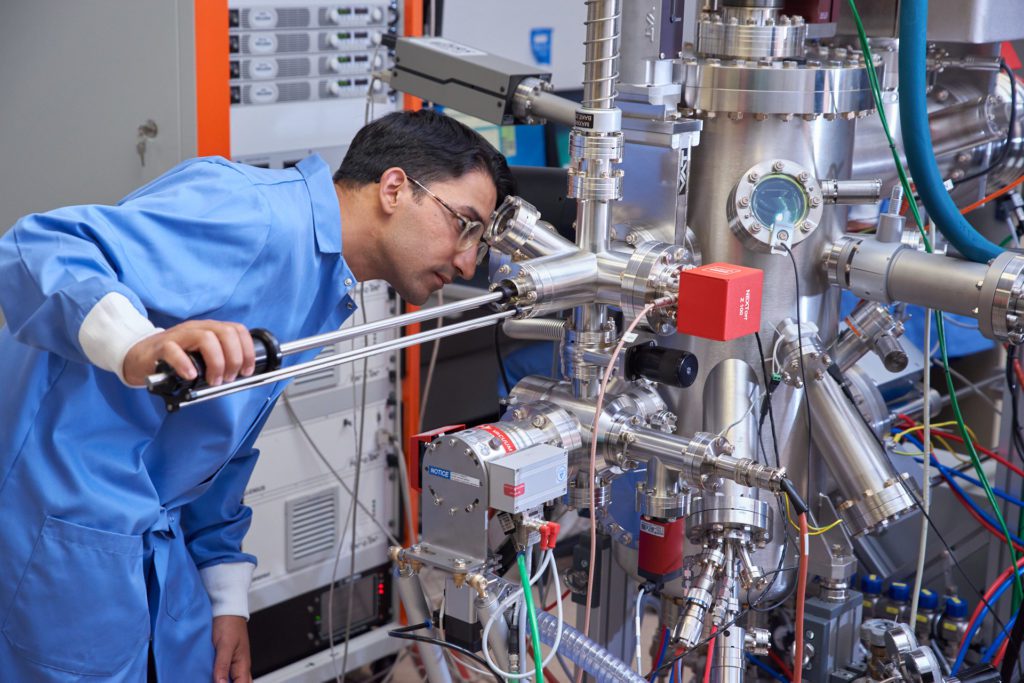
“This is a new generation of computing. Our main objective is to explore how information can be processed and transmitted using the unique properties of quantum mechanical objects. In essence, this next generation of quantum computing has the potential to radically outperform traditional computing by processing vast amounts of data more quickly, and without the heat-related problems often associated with classical machines.” said John Yi, a professor of chemistry at WSSU.
“In traditional computers, data is processed in binary form, as either a 0 or a 1, but only one at a time. These computers encounter limitations in processing capacity and often struggle with overheating issues. In contrast, quantum computers utilize the unique properties of ‘qubits’ — superposition and entanglement. These characteristics empower quantum computers to process certain computations with greater efficiency than their classical counterparts,” explains Jinsuk Baek, WSSU professor of computer science.
“Quantum computing has the potential to revolutionize data analysis, communication and cryptology,” said Sen. Ted Budd, R-N.C. “The benefits of this technology will have an enormous impact on both our national security and ongoing competition with China. To win the next era of innovation, it’s imperative that we provide the educational resources necessary to properly train the quantum workforce. I congratulate Winston-Salem State University on being selected to participate in this collaborative effort to prepare the leaders of tomorrow in this emerging field.”
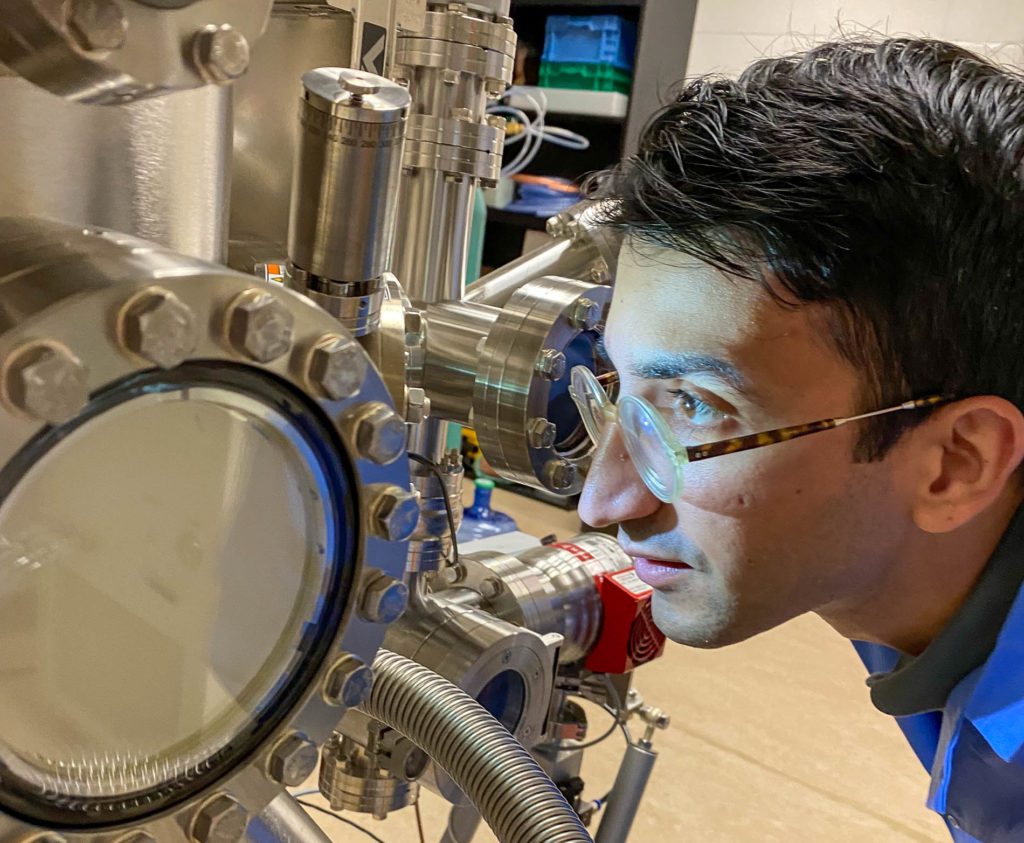
Many large companies like Amazon, Google, Intel, and IBM have departments dedicated to quantum computing, and the demand to fill positions is growing at a rapid pace, Yi said.
WSSU hopes to have the program up and running in the fall of this year and to begin actively recruiting students the following year.
The grant will be used in part to help develop instructional infrastructure at WSSU along with funding instructors.
Fifteen students — 10 from WSSU (and regional colleges) and five from Clemson University — will join a prestigious team of professors, including Yi, Baek, Xiuping Tao and John Merle from WSSU, as well as Kasra Sardashti, Chad Sosolik and Lin Zhu from Clemson University. They are set to participate in an intensive eight-week Summer Quantum Engineering Internship Program (SQEIP) at Clemson. This carefully designed program aims to provide comprehensive education, hands-on training and opportunities for scholarly activities in the exciting field of quantum engineering.
The idea for WS-QEC stemmed from a partnership between Yi and Sardashti that began when Sardashti was looking for a way to bring more diversity to physics and to the emerging QISE. A friend put him in touch with Yi.
“I had been talking with various faculty members at other schools about this and didn’t get any interest,” said Sardashti. “Dr. Yi and WSSU were excited about it. They had no hesitation going forward with it. I appreciate their boldness.”
The Clemson University College of Science pursues excellence in scientific discovery, learning and engagement that is both locally relevant and globally impactful. The life, physical and mathematical sciences converge to tackle some of tomorrow’s scientific challenges, and our faculty are preparing the next generation of leading scientists. The College of Science offers high-impact transformational experiences such as research, internships and study abroad to help prepare our graduates for top industries, graduate programs and health professions. clemson.edu/science



